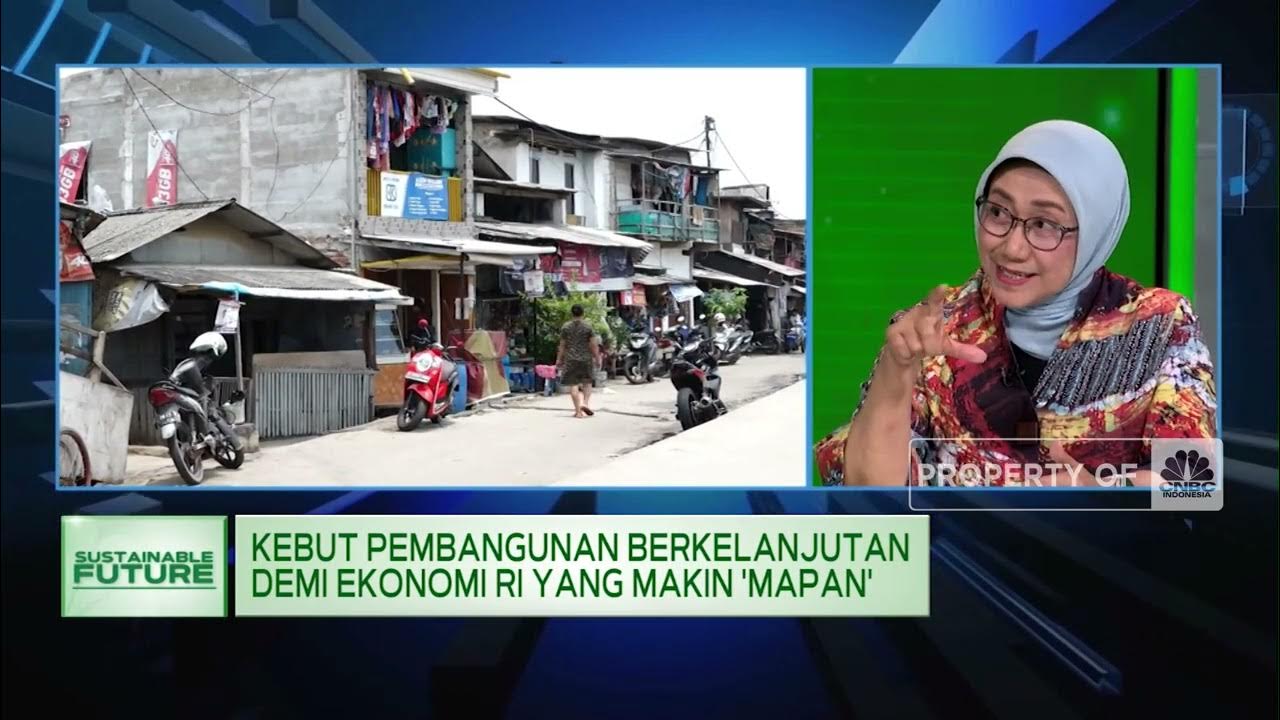SDG 2: A business case about zero hunger
Summary
TLDRPeter Lobo, the Global Head of Agribusiness, Food, and Water at FMO, explains how the Dutch Development Bank uses public-private partnerships to finance sustainable development in countries with the most impact. FMO's focus includes reducing inequality and addressing hunger through agribusiness investments, supporting smallholder farmers, and innovative agricultural technology. Examples include Bourbon Ghana's farmer service model, Milan in Vinci's digital solutions for East Africa, and the African Improved Foods project in Rwanda. FMO's approach emphasizes the importance of considering social and environmental impacts in business decisions.
Takeaways
- 🏦 FMO is a public-private partnership with the Dutch state owning 51% and the private sector owning 49%.
- 🌐 FMO's mission is to support sustainable jobs and income generation in countries that need it the most.
- 💼 Financing is a tool for FMO to drive sustainable development, not just an end in itself.
- 🔍 FMO screens clients to ensure they understand and address the concerns of local stakeholders.
- 🌾 Agriculture is a key sector for FMO, as it directly tackles hunger and supports smallholder farmers.
- 🌱 FMO finances companies throughout the agribusiness value chain, from production to distribution.
- 💡 Knowledge and skills support are provided alongside financing to ensure the sustainability of investments.
- 📈 An example project in Nigeria increased smallholder yields significantly through an innovative farmer service model.
- 📱 Agricultural technology is supported to make agribusiness more effective, using data analytics and machine learning.
- 🌿 FMO engages local communities in smarter ways, such as improving food safety and nutrition.
- 💼 Career advice from FMO: Consider the impact of business decisions on the planet and its inhabitants.
Q & A
What is FMO and what does it stand for?
-FMO stands for the Dutch Development Bank. It is a public-private partnership, with 51% owned by the Dutch state and 49% by banks, unions, and the private sector.
What is FMO's role in supporting sustainable development?
-FMO supports sustainable jobs and income generation in countries where it can make the biggest difference. It uses financing as a tool to drive sustainable development, focusing on the social and environmental impact of the companies it finances.
How does FMO ensure that its financed companies consider local stakeholders' perspectives?
-FMO screens clients to check if they understand the perspective of local stakeholders and address their concerns. This is crucial because the financed companies often have millions of customers, and their good business practices can have a massive positive impact.
What is one of FMO's strategic goals related to reducing inequality?
-One of FMO's strategic goals is reducing inequality (SDG 10). This goal is closely linked to addressing hunger, as the two issues are interrelated.
Why is agriculture a key sector for FMO?
-Agriculture is a key sector for FMO because it is directly involved in tackling hunger and is essential for the livelihood of over 2 billion people who are part of smallholder farming households.
How does FMO finance companies throughout the agribusiness value chain?
-FMO finances companies involved in primary production, processing, trade, and distribution within the agribusiness value chain. It also supports these companies with knowledge and skills, as financing alone is not sufficient.
Can you provide an example of a project FMO supported that increased agricultural productivity in Nigeria?
-FMO invested 4 million U.S. dollars in Bourbon Gona, an innovative farmer service model that increased smallholders' yields up to two times and up to 3.5 times the national average.
What is the significance of the agribusiness technology supported by FMO in East Africa?
-FMO supported an agribusiness technology startup called mi, which develops innovative digital solutions that are valuable at every stage from farm to fork, using techniques like data analytics, machine learning, and other sources to provide advice and support to smallholder farmers.
How does the African Improved Foods project that FMO invested in address malnutrition?
-African Improved Foods manufactures high-nutrition foods to address malnutrition during pregnancy, breastfeeding, and a child's first two years. It sources locally grown crops and has set up collection points to eliminate aflatoxin contamination.
What career advice does FMO have for students who may become future business leaders?
-FMO advises students to ensure that every business decision they make takes into account what's right for the planet and everyone living on it, emphasizing the impact their decisions can have on broader societal and environmental issues.
What is the FMO tagline and what does it signify?
-The FMO tagline is 'doing makes the difference,' signifying that action, rather than hope alone, is what brings about change and addresses global challenges like extreme poverty and hunger.
Outlines

This section is available to paid users only. Please upgrade to access this part.
Upgrade NowMindmap

This section is available to paid users only. Please upgrade to access this part.
Upgrade NowKeywords

This section is available to paid users only. Please upgrade to access this part.
Upgrade NowHighlights

This section is available to paid users only. Please upgrade to access this part.
Upgrade NowTranscripts

This section is available to paid users only. Please upgrade to access this part.
Upgrade NowBrowse More Related Video

Fasilitas dan Dukungan Pemerintah dalam Skema KPBU

What is Blended Finance?

Devex @ UNGA 79: MDBs want to cooperate more closely. What progress have they made?

Why is Public Private Partnership required in infrastructural projects? | UPSC Mains 2022 | Edukemy

How the Atom Benefits Life

Pemerintah Ungkap Tantangan Besar Implementasi SDGS di RI
5.0 / 5 (0 votes)